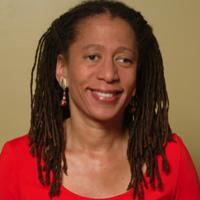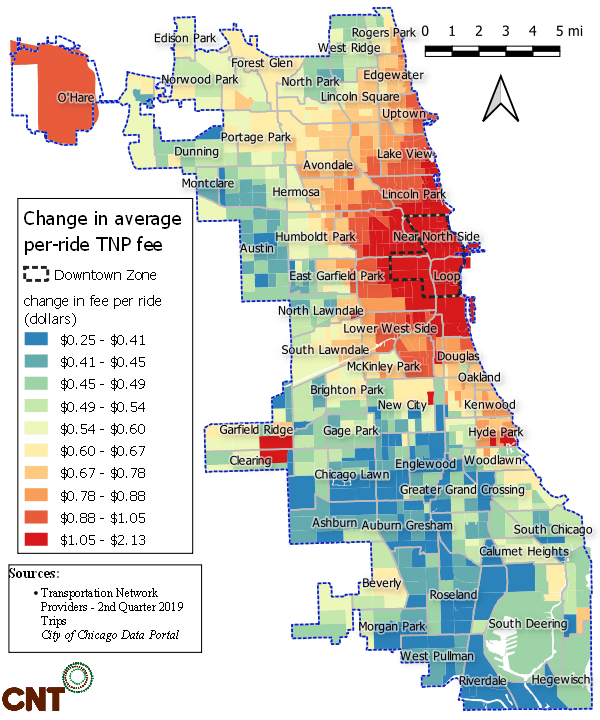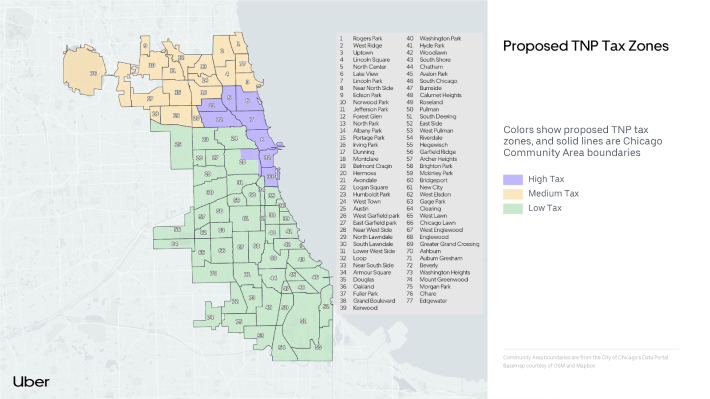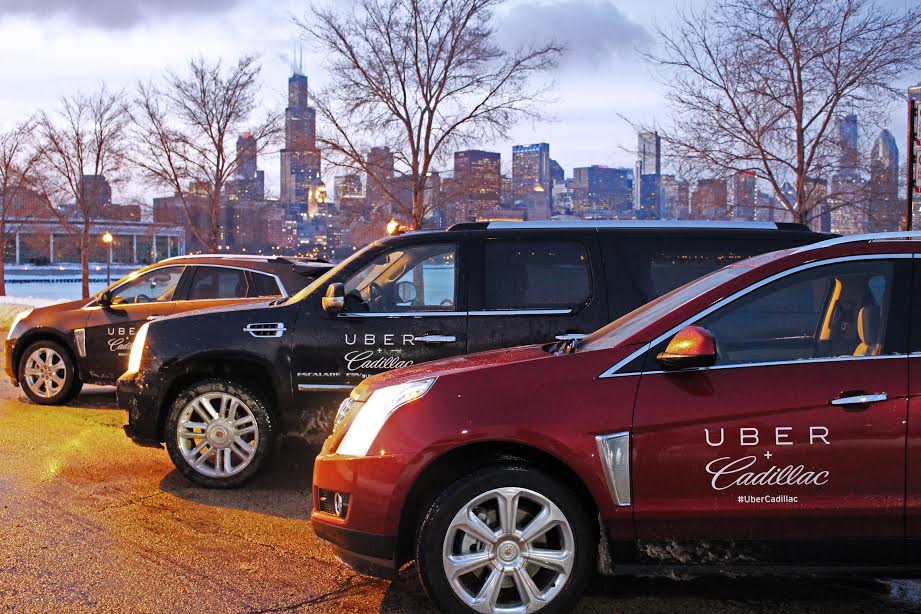As a longtime Sun-Times columnist and ABC-7 analyst reporting on race, politics, and public affairs, Laura Washington is a respected member of our city's journalism community. Her opinions deserve a hearing.
Unfortunately, however, when it comes to Mayor Lori Lightfoot's proposed fair ride-hail tax, Washington is on the wrong side of the issue. The columnist been amplifying the bogus claim that the mayor's plan is inequitable, coming from Uber and its proxies. Those allies include 35 Black ministers who last spring helped the company make similarly spurious arguments about the Lyft/Divvy deal for citywide bike-share expansion.

Washington's obviously a smart lady, and I'll be the first to acknowledge that, as an African-American woman, she's got exponentially more lived experience interacting with Chicago's Black community than I do. But it's disappointing that she apparently hasn't done her homework when it comes to the research on how South and West side residents currently use ride-hail, and how they would be impacted by the new tax structure.
Earlier this month Washington published a column titled “Higher taxes would hurt those who really need ride-hailing.” It included quotes from Reverend William Turner, one of the clergy members who previously helped Uber fight the Divvy deal, and had recently appeared at an Uber-organized protest against the ride-hail tax at City Hall. That Sun-Times piece basically reads like a press release promoting the company’s misleading talking points.
When Washington wrote in that earlier column that the new fee structure will hurt Chicagoans of color and lower-income residents, she overlooked the findings of a recent city of Chicago study that shows the opposite is true. The report found that most ride-hail trips requested on the South and West sides are shared Uber Pool or Lyft Line ride, and 90 percent of these rides go to other neighborhoods, not downtown. Under Lightfoot's plan, the tax on these kind of shared, non-downtown trips would be 10 percent cheaper.
Meanwhile, about 70 percent of rides hailed downtown and on the North Side are private, with many of these being solo trips downtown during peak hours (6 a.m. to 10 p.m.), which are terrible for Loop traffic and bus service and therefore will get a stiff $3 surcharge.
Check out the chart below by Elizabeth Irvin from the Center for Neighborhood Technology. It nicely illustrates why rather than "balanc[ing] the budget on the backs of low-income communities,” as Turner's fellow Uber proxy Reverend William Hall previously told the Sun-Times, Lightfoot's plan would mostly collect taxes from wealthier Chicagoans, with little impact on South and West siders.

Yesterday Washington doubled down on her misguided support for Uber's position with a new editorial titled "Lightfoot should compromise on ride-hailing tax." She noted that the company has floated various counterproposals to the mayor's plan. "Politics is the art of compromise. Lightfoot isn’t budging."
"How many Uber critics actually use the service?" Washington asks. I'm probably Chicago's most vocal Uber critic, having written a zillion articles in support of the new tax. I use ride-hail from time to time, although I typically opt for Lyft. That company is also increasing car traffic and fighting Lightfoot's plan. But at least they haven't been guilty of "greyballing" city inspectors, ignoring sexual harassment of employees, blowing off the previous ride-hail ban at O'Hare, or having CEOs scream at a driver, and soft-pedal the Saudi assassination and dismemberment of a journalist as "a mistake." But I digress.
"I also know many neighborhood folks are not jumping into Ubers and Lyfts to go partying downtown at glittery clubs," Washington wrote. "They are ride-hailing to get to the job on time and run crucial errands. Mom is hailing the cars to get a child safely to the doctor, to school, to grandma. I use Uber to get my elderly mother to doctor’s appointments and family gatherings. Shared rides on such trips are impractical and intrusive."
Again, most South and West side ride-hail trips are non-downtown shared rides, which would be cheaper under Lightfoot's plan. Many residents in these parts of town are currently using Uber Pool and Lyft Line to get to work, run errands, go to appointments, and family gatherings because it's significantly cheaper than a private ride. Those who need or prefer to do these kind of neighborhood trips privately would be subject to a modest $0.53 tax increase. That shouldn't be a major hardship for most residents who can currently afford pricier UberX or non-shared Lyft rides.
"The black ministers and others are pushing Lightfoot to compromise," Washington writes. "Uber wants to negotiate."

But the fact is, Uber's latest counterproposal is vaporware. It calls for charging a special fee for traveling from one transit rich neighborhood to another, which is an interesting idea. But that surcharge would only raise the price of such trips by $0.47 compared to Lightfoot's plan, while significantly lowering the tax on all other kinds of rides. In particular, the fee for traffic-jamming solo rush-hour downtown trips would be slashed by at least $1.28 and as much as $1.83.
Therefore, Uber's alternative plan would have little impact on Loop congestion, and the company's claim that it would generate an extra $10 million for the city appears to be a mirage. It's clear that their main concern is preserving a maximum number of ride-hail trips, especially lucrative, street-clogging daytime downtown rides, which is the opposite of what Chicago should be doing.
"Compromise, mayor, for the sake of equity," Washington implores. You know what's actually inequitable? The status quo, in which ride-hail vehicles carrying white-collar types are slowing down the buses that transport poor and working-class residents, and Uber and Lyft are cannibalizing the CTA, which lost 48 million riders annually since ride-hail launched here a few years ago. Eventually that's going to force the agency to cut service and/or raise fares, which will leave Chicagoans who can't afford Uber stranded with worse transportation access than ever.
In contrast, Lightfoot's plan will largely tax more affluent residents in order to benefit less privileged people (and everyone else) with faster bus service, less chance of service cuts or fare hikes, and an estimated $2 million a year in new revenue for CTA improvements. That, rather than caving to pressure from Uber's cynical misinformation campaign, is the definition of equity.






